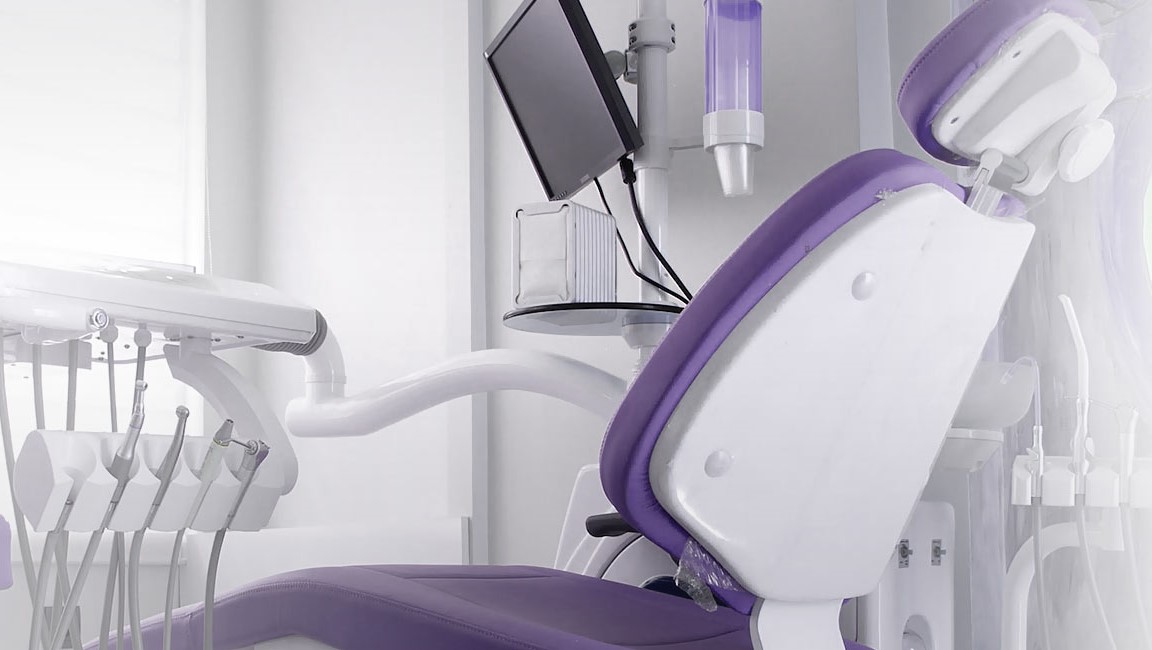- Address
- 26 North Park Boulevard
- Glen Ellyn, IL 60137
- Get Directions
- Phone
- (630) 858-8800
- SmileGlenEllyn@gmail.com

Diabetes can almost be classified as an epidemic in the United States, with a high number of existing cases and more people suffering from this ailment every year. It is wise to take extra precautions with your oral health if you have been diagnosed with the disease. Most people are unaware that being diabetic can have serious consequences to the condition of your teeth and gums, including the following:

There is also a potential link the opposite direction, with inflammation and infection resulting from untreated periodontal disease making general diabetic symptoms worse. Though oral problems do not trigger diabetes, there is mounting evidence that they make it more intense and exacerbate symptoms that might otherwise be quite mild. The incidence and severity of gum disease in diabetics is much higher than it is in the general population. Research demonstrates that not only does poor dental hygiene cause worse diabetic complications and management problems, it also raises the incidence of coronary heart disease, stroke, and lung infections. Some of the steps to managing oral problems when you happen to be diabetic include:
Medical researchers recommend increase efforts at dental hygiene and more frequent intervals for cleanings, with 3 to 4 months between visits being optimal for most patients. Shorter appointments are tolerated better due to lower stress levels. Emergency medications are available in most good dental offices as infections are more difficult to control. Be sure to inform your dentists of any change in your medical condition.
Medical researchers recommend increase efforts at dental hygiene and more frequent intervals for cleanings, with 3 to 4 months between visits being optimal for most patients. Shorter appointments are tolerated better due to lower stress levels. Emergency medications are available in most good dental offices as infections are more difficult to control. Be sure to inform your dentists of any change in your medical condition.
Give us a call today at (630) 326-5453 or make an appointment with Dr. Gibbs.
We’ve filled our website with information about our doctors, our team, and our services including family dentistry we offer, location, maps and business hours. Please feel free to take a look around to learn more about what we do and how we can help keep your smile healthy and stunning for a lifetime. We want you to feel confident that when you choose us, you’re choosing to receive the best dental care available.